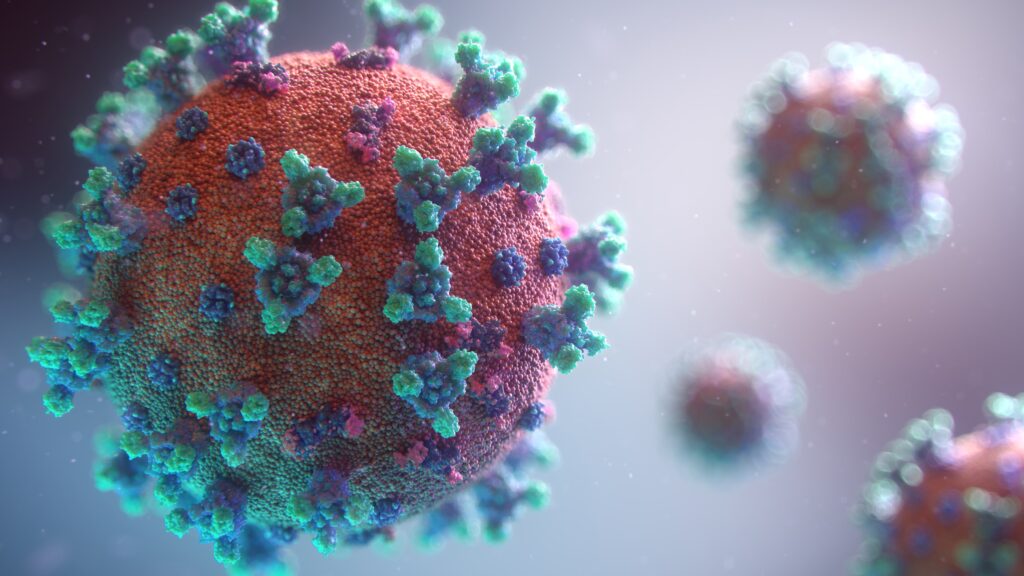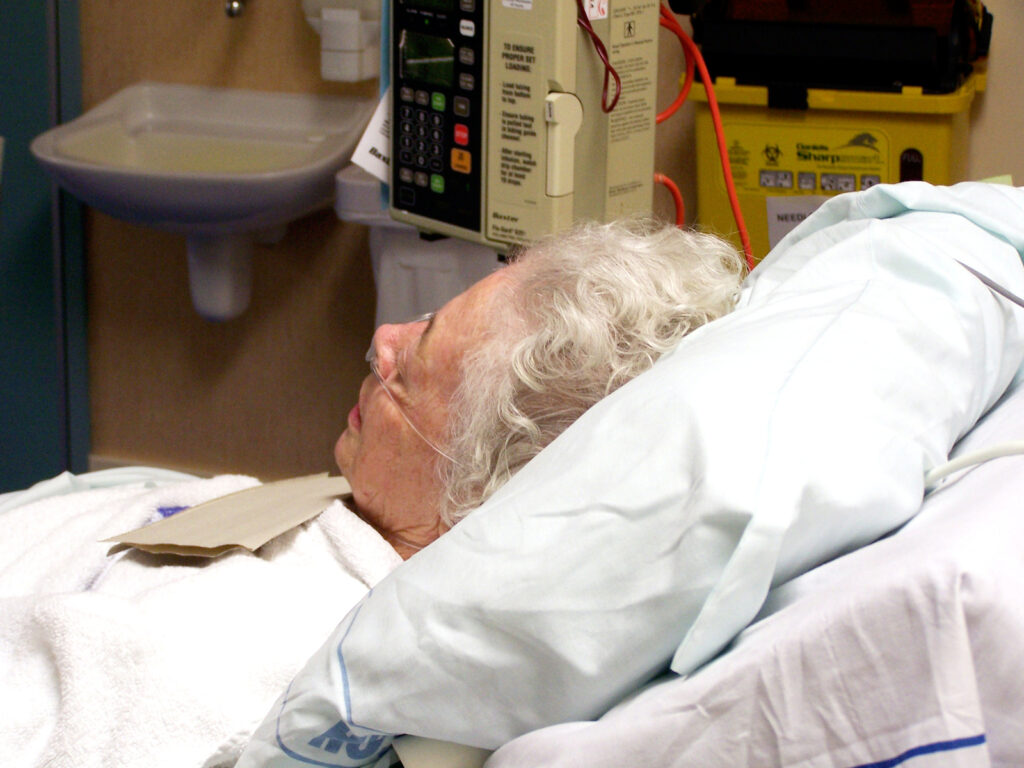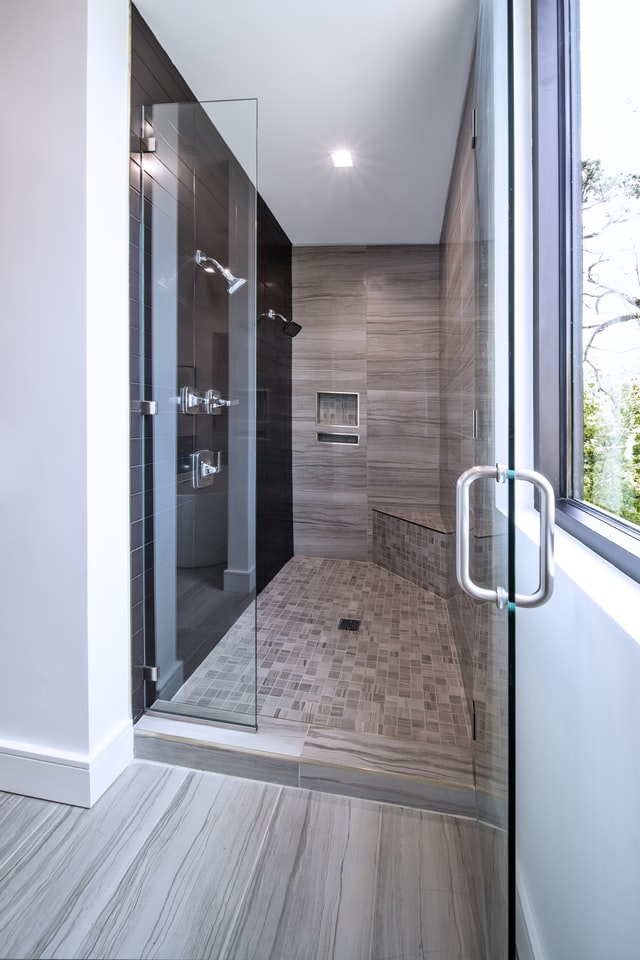
The novel corona virus, Covid-19, is wreaking havoc indiscriminately across the globe, and bringing with it uncertainty. So much is unknown about this disease: its cause, why it affects certain populations so severely, effective treatments, and ultimately its course.
While this is unsettling, there are some things we do know. Covid-19 tends to hit adults 50+ and those with certain underlying medical conditions the hardest. The severity appears to increase with age, with seniors aged 65 -85 suffering the greatest number of deaths.
The physical symptoms include:
- profound weakness
- shortness of breath
- fever and cough.
- In some cases, people may even have sensory loss, especially sense of smell which can affect nutritional status (through loss of appetite) and safety (our olfactory sense is largely protective).
In more severe cases, patients will likely require lengthy hospitalization. Some patients may even require critical care, which could include prolonged use of a ventilator; these are specialized life support machines used when people can’t breathe on their own. That’s not all.

Photo by melodi2 from FreeImages
Research has found that prolonged illness and hospitalization can negatively affect:
- Strength and ability to tolerate small tasks usually taken for granted, such as a basic morning routine.
- Changes in thinking, memory and problem solving can happen.
- Risk of depression and anxiety due to the isolation from family and friends, stress, and what experts are calling “occupational deprivation” which results from the lack of opportunity to live out our routines and roles in life that typically define our identities.
For many weeks public health officials have been warning of a potential “surge” of those infected being admitted to hospitals, perhaps even exceeding their capacity. We should also be prepared for another kind of surge; Covid-19 survivors whose homes are ill equipped to support their new limitations and needs as they transition home or a family member’s home. Skilled nursing beds may be in short supply.
Fast, innovative solutions are desperately needed. Now more than ever occupational therapists who specialize in home evaluations and modifications are critical to safe recovery of function and prevention of further complications, such as falls, debility and even hospital readmissions.

Photo by Random Sky on Unsplash
We should also be prepared for another kind of surge; Covid-19 survivors whose homes are ill equipped to support their new limitations and needs as they transition home or a family member’s home.
According to the CDC, Occupational therapists (OTs) are licensed medical professionals who are trained in evaluating not only health and disability issues throughout the individual’s lifespan, but also evaluating how the environment can support or hinder their safety and independence.
Home Mod OT’s develop a customized plan with the client and their family which may range from:
Simple short-term solutions:
o Grab bars in the bathroom.
o Adaptive equipment.
o Handrails.
o Energy conservation techniques.
o Furniture reorganization.
Selecting apps to help with medication management
Long-Term Modifications
o Specialized ramps.
o Bathroom renovations including walk-in showers.
o Non-slip flooring.
o Smart home technology.
For more information on finding an occupational therapist who specialize in home modifications near you, check out Home Modification Occupational Therapy Alliance at www.HMOTA.net.
Jodi Peterson, OTR/L, HMOTA, CAPS
